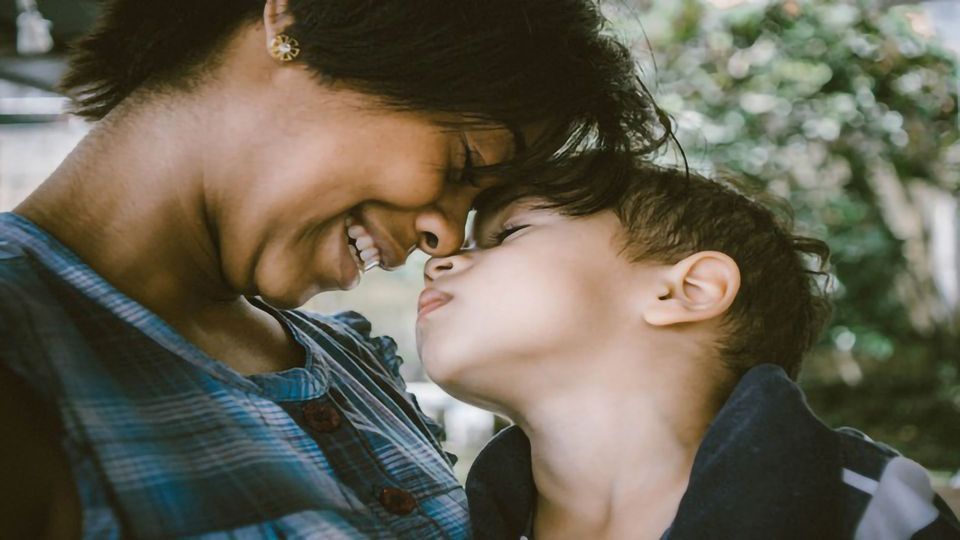Stress in Small Children Separated From Parents May Alter Genes

Complete the form below to unlock access to ALL audio articles.
Experts in the emotional needs of small children say increased levels of the stress hormone cortisol in babies and small children who are separated from their parents, especially their mothers, could have a long-term genetic impact on future generations.
In a commentary published by the Journal of the Royal Society of Medicine, the authors say that several studies show that small children cared for outside the home, especially in poor quality care and for 30 or more hours per week, have higher levels of cortisol than children at home.
Professor Sir Denis Pereira Gray, Emeritus Professor of General Practice at the University of Exeter, and President of the children’s charity What About the Children?, who wrote the paper with two colleagues, said: “Cortisol release is a normal response to stress in mammals facing an emergency and is usually useful. However, sustained cortisol release over hours or days can be harmful.”
The authors say that raised cortisol levels are a sign of stress and that the time children spend with their parents is biologically more important than is often realised. Stress has been associated with children, particularly boys, acting aggressively. Not all children are affected, but an important minority are. Raised cortisol levels are associated with reduced antibody levels and changes in those parts of the brain which are associated with emotional stability.
“Environmental factors interact with genes, so that genes can be altered, and once altered by adverse childhood experiences, can pass to future generations. Such epigenetic effects need urgent study”, say the authors.
Sir Denis added: “Future research should explore the links between the care of small children in different settings, their cortisol levels, DNA, and behaviour.”
Reference: Pereira Gray, D., Dean, D., & Dean, P. M. (2020). Childcare outside the family for the under-threes: cause for concern? Journal of the Royal Society of Medicine. DOI: https://doi.org/10.1177/0141076820903494
This article has been republished from the following materials. Note: material may have been edited for length and content. For further information, please contact the cited source.

